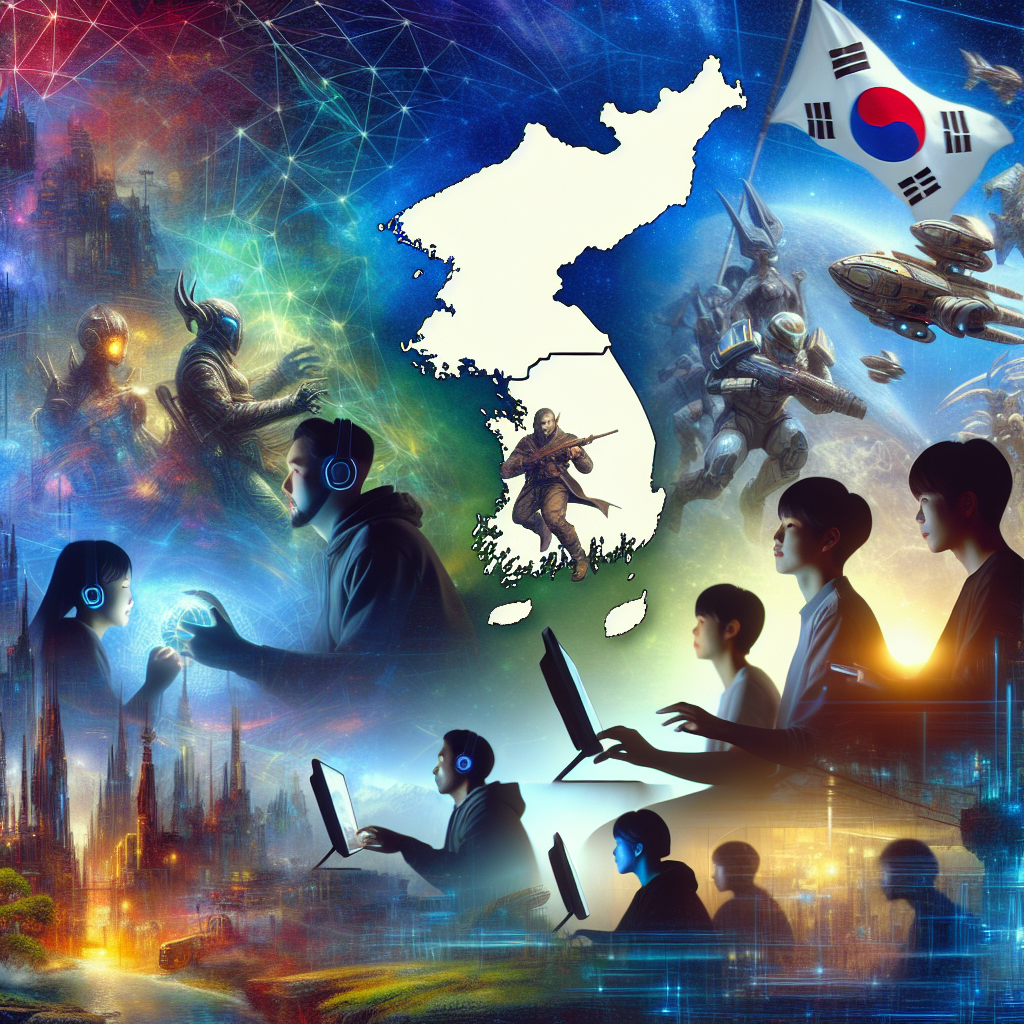Gaming and Community: How South Korea Connects Through Shared Virtual Worlds
In a country where technology and innovation are often at the forefront of social interaction, South Korea has emerged as a unique case study in the role of gaming as a medium for community building. With a deep-rooted love for video games and a cultural landscape that embraces digital interaction, South Korea has turned gaming into a vital community connector that transcends geographic boundaries and fosters social engagement in novel ways.
The Evolution of Gaming Culture in South Korea
Gaming in South Korea has transformed from a niche hobby into a nearly ubiquitous cultural phenomenon. The rise of the internet in the late 1990s played a pivotal role in this evolution, paving the way for the establishment of PC bangs (internet cafes) and competitive gaming circuits. Titles such as "StarCraft" and "League of Legends" have not only defined the professional gaming scene but also created a sense of shared experience among players. These games have become social touchpoints, turning communities into passionate followings that gather around tournaments, livestreams, and gameplay discussions.
The South Korean government has recognized this cultural significance, investing in esports infrastructure and promoting gaming as a legitimate sport. The establishment of the Korea e-Sports Association and initiatives to sponsor teams in international competitions have solidified gaming’s place in the national identity.
Virtual Worlds: A Digital Community Hub
At the heart of South Korea’s gaming culture lies the appeal of virtual worlds, which serve as expansive platforms for community interaction. Games such as "World of Warcraft," "Final Fantasy XIV," and local MMORPGs like "Blade & Soul" offer immersive environments where players can collaborate, compete, and socialize. These shared virtual spaces allow individuals to meet, form friendships, and build communities that might not have otherwise formed in the offline world.
The social fabric of these virtual worlds often mirrors real-life interactions, where players create guilds, attend in-game events, or simply hang out in chat rooms. These interactions can lead to lasting friendships that extend beyond the gaming experience, blurring the lines between the digital and physical worlds. As a result, many South Koreans find their closest friendships and support networks through these gaming communities.
The Role of Streaming and Content Creation
With the rise of platforms like Twitch and YouTube, gaming has not only become a source of entertainment but also a means for individuals to connect with wider audiences. South Korea boasts a thriving scene of content creators who livestream their gameplay, share tips, and showcase their skills. This phenomenon further enhances community engagement, as fans interact with streamers in real-time through chats and forum discussions.
Popular streamers in South Korea often become community icons, with loyal followings that celebrate their accomplishments, discuss strategies, and even support charitable causes. Through gaming, these content creators can build dedicated communities that extend beyond the virtual realm, hosting meet-and-greets and online events that deepen fan participation.
Overcoming Challenges through Solidarity
The pandemic has highlighted the importance of digital connections, with social distancing measures placing an increased emphasis on virtual interaction. In South Korea, gaming emerged as a vital social outlet during these isolating times. Online gaming and esports tournaments served not only to entertain but to bring people together during a time of uncertainty. Gamers found solace in the shared struggles and triumphs within these digital landscapes, reinforcing a sense of community even amidst broader societal challenges.
Moreover, the gaming community has also become a space for support, particularly for marginalized groups. Initiatives focused on mental health awareness and inclusivity within gaming circles have gained traction, with communities rallying to foster safe spaces for players of diverse backgrounds.
The Future of Gaming Communities in South Korea
As technology continues to evolve, the future of gaming and community in South Korea looks brighter than ever. With advancements in virtual reality (VR) and augmented reality (AR), the potential for new forms of immersive social experiences expands. These technologies promise to take community-building to unprecedented levels, allowing players to engage in ways that feel increasingly tangible and real.
Moreover, as the global gaming landscape continues to interconnect through cross-platform games and mobile experiences, South Korea’s gaming culture will likely play a significant role in shaping international gaming communities. With its innovative spirit and passion for gaming, South Korea stands at the forefront of utilizing shared virtual worlds to forge connections that transcend borders.
Conclusion
In South Korea, gaming has transformed from a solitary pastime into a powerful community-building tool. The shared virtual worlds of video games have become vibrant ecosystems where individuals can connect, collaborate, and find community amid the complexities of modern life. As this phenomenon continues to thrive, it serves as a testament to the enduring human desire for connection, collaboration, and belonging—proving that even in the digital age, community remains at the heart of our interactions.




